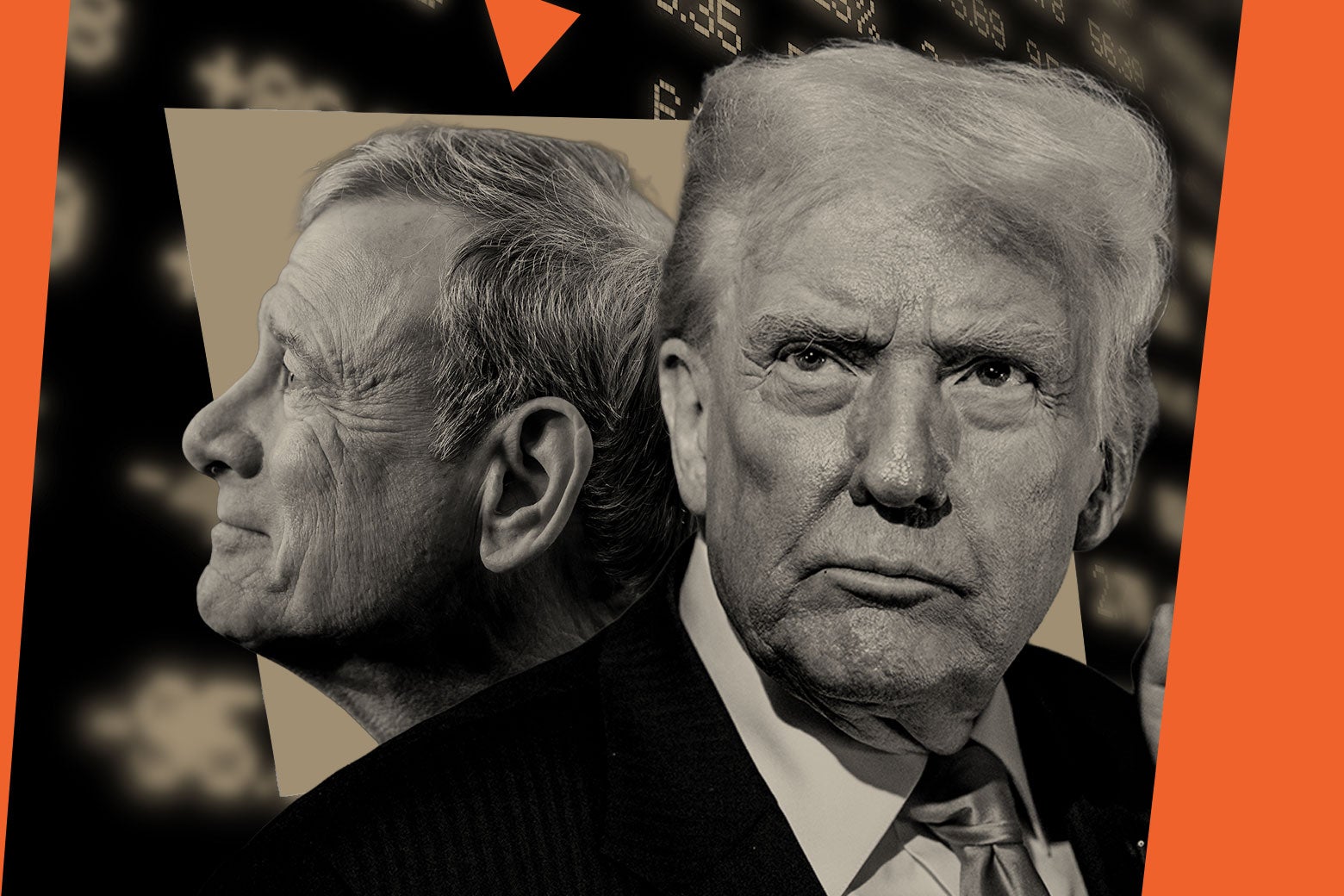
"On Wednesday, the Supreme Court will hear oral arguments in a pair of challenges to President Donald Trump's move on April 2-or "Liberation Day," as he proclaimed it -to impose sweeping tariffs on virtually all goods imported into the United States. Although the stakes are huge for the American economy, as well as global trade and foreign policy, the cases have become a vital test of the scope of presidential power to regulate international trade without Congress."
"Learning Resources, the plaintiff in this case, is a small, family-owned business that makes educational toys, most of which are produced overseas. The company filed suit in April. The court below ruled against Trump, as have various subsequent courts. The White House has taken the position that while Congress usually has exclusive jurisdiction over tariffs, a 1977 federal statute, the International Emergency Economic Powers Act, allows the president to take action directly to "regulate" imports and exports to "deal with any unusual and extraordinary threat" originating abroad."
The Supreme Court will hear challenges to President Donald Trump's April 2 tariffs that impose broad levies on nearly all imported goods. The central legal question is whether the 1977 International Emergency Economic Powers Act permits the president to regulate imports and exports to address foreign threats without explicit congressional authorization. Learning Resources, a family-owned educational-toy maker with substantial overseas production and over 500 employees, sued after the tariff proclamation. Lower courts ruled against the administration. The White House contends IEEPA grants emergency authority to act directly. The decision will affect presidential trade powers, the U.S. economy, and global commerce.
#supreme-court #presidential-power #tariffs #international-emergency-economic-powers-act #trade-policy
Read at Slate Magazine
Unable to calculate read time
Collection
[
|
...
]